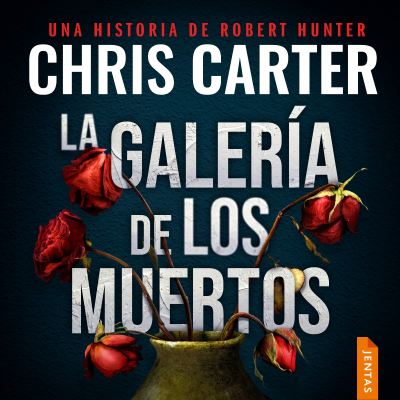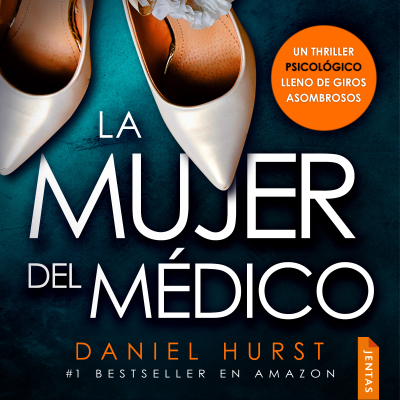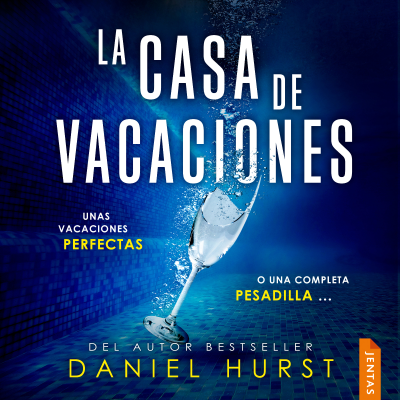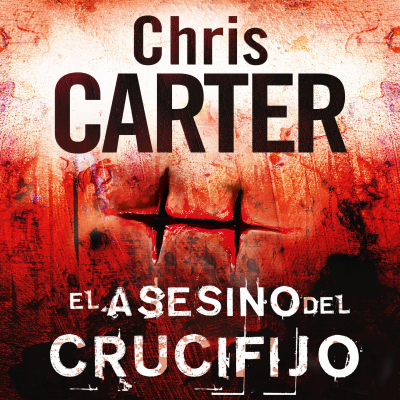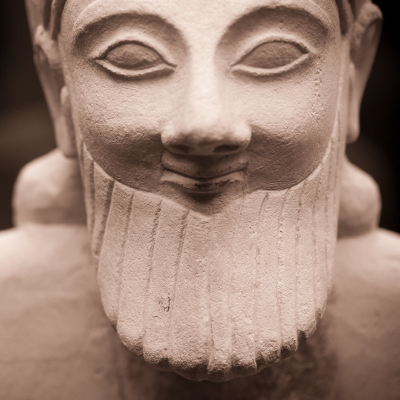
The History of Cyprus Podcast
Podcast de cyprusthepodcast
Disfruta 30 días gratis
4,99 € / mes después de la prueba.Cancela cuando quieras.

Más de 1 millón de oyentes
Podimo te va a encantar, y no sólo a ti
Valorado con 4,7 en la App Store
Acerca de The History of Cyprus Podcast
Welcome to The History of Cyprus Podcast -- a monthly series exploring the island’s past from 10,000 BCE to the 20th century. Each episode features in-depth conversations with leading scholars in archaeology, linguistics, political and social history, bringing academic insight to a wide audience. Together, we uncover the languages, cultures, conflicts, and legacies that shaped one of the Mediterranean’s most storied crossroads. Whether you’re a student, a history enthusiast, or just curious about Cyprus, this podcast offers something for everyone -- rooted in research, driven by storytelling. If you’d like to reach me, my name is Andreas. Please feel free to send me an email at cyprusthepodcast@gmail.com --------------------------------------------------------------- Follow The History of Cyprus Podcast Instagram and support the show on Patreon: https://www.patreon.com/TheHistoryofCyprusPodcast https://instagram.com/thehistoryofcyprus *The podcast image, ”Dressed for the Gods” (250BC) is from the British Museum taken by William Warby. Check out more of his work at flickr.com/photos/wwarby/
Todos los episodios
96 episodiosCyprus' landscape is dotted with castles -- most famously by those nestled on the Kyrenia mountain range -- many which predate the Lusignan Period. First built by the Byzantines to protect Cyprus' northern coast, these castles would become fortified and expanded by the Franks. But Western sources circa twelfth and thirteenth centuries speak of castles throughout the main cities including "castrum Famagustam," "castellum quod dicitur Baffes" and "castellum quoddam firmissimum" in Nicosia. Were there castles there too? And for that matter, why were they later abandoned? Today my guest is renowned castellologist, Dr. James Petre, whose definitive work "Crusader Castles of Cyprus" frames the bulk of this episode.
Our primary source this month comes from the 12th century English chronicler, Roger of Hoveden (Howden). This excerpt was chosen as it references a number of castles that dotted the Cypriot landscape during Richard the Lionheart's campaign. You'll hear him refer to Buffavent (Buffavento), Kantara, Dieu D'Amour (a possible corruption of the Greek name, Didymus -- now St. Hilarion) and an unknown castle in Nicosia called Cherin. Its significance is that the castles predate Richard's conquest (i.e., they are Byzantine structures) and serves as a nice segue into my interview next month with Dr. James Petre on the Castles of Cyprus!
In this bonus episode, Dr. Christian Körner takes us into the world of Iron Age Cyprus and its city-kingdoms, exploring the foundation myths that shaped their identities. With legendary figures like Pygmalion, who fashioned a statue that came to life; Myrrha, the tragic mother of Adonis; and Teucer, the exiled half-brother of Ajax who is said to have founded Salamis. Other examples include Acamas, son of Theseus, who was linked to the founding of Soli; Agapenor, the Arcadian king who settled in Paphos after the Trojan War; and Kinyras, the mythical king of Cyprus associated with Aphrodite’s cult and with musical and priestly traditions that echo Greek heroic ideals. Körner explains how these myths should be seen as intentional histories, crafted to serve political, cultural, or even propagandistic purposes at the time they were written down. While many stories link Cypriot origins to Athenian or Homeric heroes, others, like those of Amathus and Paphos, emphasize local roots. He also highlights how these myths often aimed to explain place names, assert legitimacy, or reinforce alliances—effectively serving as ancient “branding campaigns” for the cities, reinforcing cultural ties while also asserting the island’s unique local identity.
Calocaerus (Greek: Καλόκαιρος; d. 334 AD) was a Roman usurper who led a short-lived revolt against Emperor Constantine I in Cyprus. Appointed in 330 AD as Magister pecoris camelorum ("Master of the Flock and Camels"), a position with uncertain significance, Calocaerus proclaimed himself emperor in 334 AD. His rebellion, however, was swiftly suppressed by Flavius Dalmatius, Constantine's half-brother, and he was executed in Tarsus. While often dismissed as an inconsequential footnote, the context of his revolt raises intriguing questions. In this episode, I’m joined by Dr. Maria Castello, whose research sheds new light on this period. Maria suggests that Calocaerus’ rebellion might have been more significant than previously thought. The timing, occurring shortly after a devastating earthquake, and the dramatic manner of his execution hint at broader implications.
The Calocaerus Revolt (334 CE) was an uprising led by a certain Calocaerus, the Magister Pecoris Camelorum (Master of the Flock and Camels) in Cyprus, who declared himself emperor. The revolt was short lived and ruthlessly suppressed in the same year by Flavius Dalmatius, half brother to Emperor Constantine I. We know of the events from historians such as St. Jerome (Jerome of Stridon), St. Theophanes the Confessor and (our earliest source) from Sextus Aurelius Victor in his work De Caesaribus. Written in the 4th century, it provides a concise summary of the lives and reigns of Roman emperors from Augustus to Constantius II, and it draws heavily from the Enmannsche Kaisergeschichte, a lost source that served as a common framework for several late Roman historical accounts. This short (but important) source springboards us to next month's episode: the little known and enigmatic Calocaerus Revolt with Maria Castello!

Valorado con 4,7 en la App Store
Disfruta 30 días gratis
4,99 € / mes después de la prueba.Cancela cuando quieras.
Podcasts exclusivos
Sin anuncios
Podcast gratuitos
Audiolibros
20 horas / mes

























